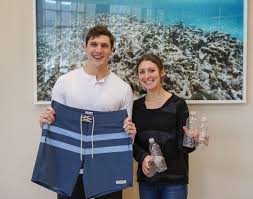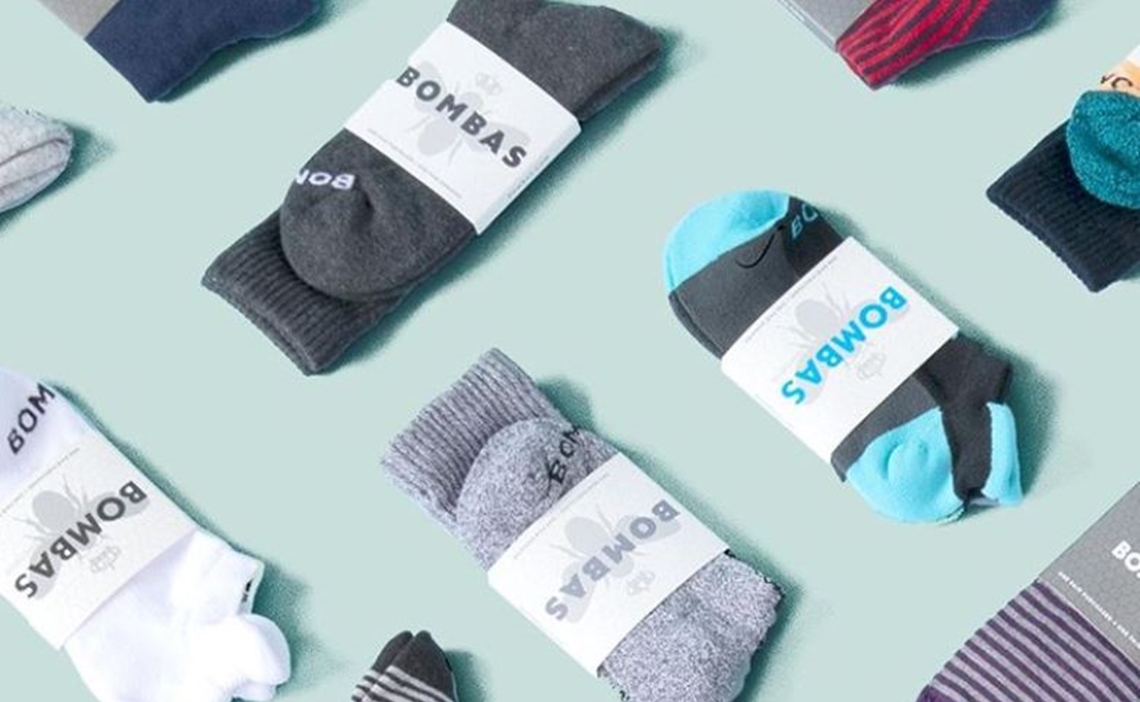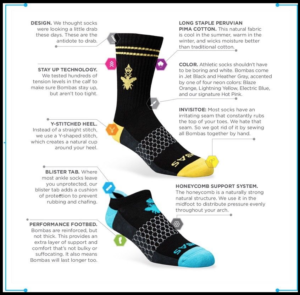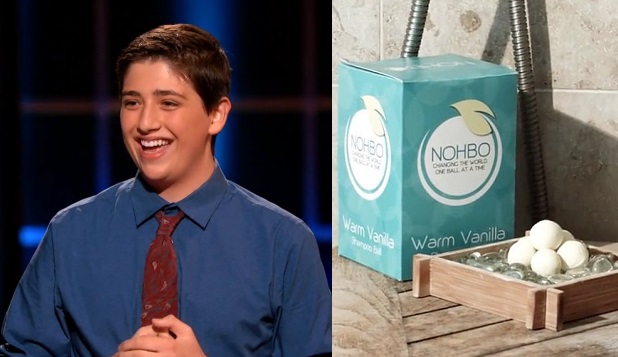It all began when four-year-old Mikaila Ulmer was stung by a bee twice in only one week. Naturally, she grew scared of bees, only until she realized how useful and crucial they were to the prosperity of human life and health. She learned about the amazing things bees do for our ecosystem. Once she was inspired by the bees, she was determined to somehow raise money to help save them and promote a boisterous population of bees around the globe. Shortly after she was stung she was encouraged by her family to create a product for two children’s business competitions. They were the Acton Children’s Business Fair and the Austin Lemonade Day. That same year she received a cookbook from her Great Granny Helen which inside included a very special homemade flaxseed lemonade recipe. As a young, talented innovator, Mikaila was prompted to think about how she could bring her newfound passion for bees and business together with her Great Granny’s iconic lemonade recipe. A lightbulb went off in her head. She thought up a plan to use honey from bees in a lemonade recipe that made the taste of that famous sweet summer drink more natural and enjoyable for consumers. At that point she began calling her lemonade brand, “Be Sweet Lemonade,” but due to copyright issues, changed it to “Me & the Bees Lemonade.” The goal of Mikaila’s business is to donate a percentage of the profits to local and international organizations that fight for the growth of the honeybee population worldwide. This young-innovator is now a 15-year-old entrepreneur who has grown her small, humble, Austin, Texas ideas into a profitable venture that has grown by over five hundred percent in just ten years. Her success does not stop there, she even appeared on the hit TV Show of entrepreneurs, Shark Tank in 2015, striking an impressive sixty-thousand-dollar investment from the famous shark, Daymond John. Even now “Me & the Bees Lemonade” is flying off the shelves of Whole Foods Market, The Fresh Market, H-E-B, World Market, and many other stores and sales venues across the state of Texas. Today, Mikaila is a known social entrepreneur, author, public speaker, social media presence, and a hard-working high school student. She is determined to grow her business, continue to raise awareness about the importance of bees, and bring delight to lemonade consumers. More than anything, Mikaila wants to teach everybody how to save the bees, and how to promote the prosperity of their kind. She went even further than just “Me & the Bees,” and established The Healthy Hive Foundation, a 501 (c) 3 non-profit that has the mission to save all bees through educating people of all ages and fields about bees, donating to bee researchers, and protecting the resources bees need to survive and thrive. She serves as an inspiration to young people by influencing them to become social entrepreneurs, just like herself. She turned her dreams into reality through innovation and social entrepreneurship. As always, we need more young women entrepreneurs like Mikaila Ulmer in the world. Take risks, you might just prosper more than you would have ever imagined you could.
Last year, Alina made $70,000 in sales and entered the kids’ version of “Shark Tank.” Even through this remarkable success, Alina is not quite finished yet. She’s currently working on getting Zollipops into dentist offices and schools across the country!
Sources:
-https://zollipops.com/our-story/
-https://www.cnbc.com/2015/07/27/8-young-entrepreneurs-making-serious.html?slide=4



 ky, buzzing, and can cause a pretty painful sting. Lemonade, it’s a tasty, cool, refreshing drink on a summer’s day. The two don’t have much in common but, Mikaila Ulmer decided to bring these ideas together with her business Me and the Bees Lemonade. Mikalia Ulmer was born in Austin, Texas to parents who inspired her to be innovative.
ky, buzzing, and can cause a pretty painful sting. Lemonade, it’s a tasty, cool, refreshing drink on a summer’s day. The two don’t have much in common but, Mikaila Ulmer decided to bring these ideas together with her business Me and the Bees Lemonade. Mikalia Ulmer was born in Austin, Texas to parents who inspired her to be innovative.


 In 2014, Alina Morse asked her dad a simple question to solve a prevalent issue among children: cavities. She asked, “Dad, why can’t we make a lollipop that’s good for your teeth?” This question sparked the creation of Zollipops. With help from her father and a significant amount of research, this 7 year old entrepreneur was able to make this dream a reality. But what would she call these healthy lollipops? Her little sister Lola came up with Zollipops and Alina loved it. Zollipops are a sugar free, vegan, smart, organic, and “yummy’ candy. They are made with the sweeteners xylitol, erythritol, stevia and other natural ingredients which are healthier alternatives to sugar. They also help to neutralize acidity in the mouth, which prevents bacteria that causes tooth decay to grow.
In 2014, Alina Morse asked her dad a simple question to solve a prevalent issue among children: cavities. She asked, “Dad, why can’t we make a lollipop that’s good for your teeth?” This question sparked the creation of Zollipops. With help from her father and a significant amount of research, this 7 year old entrepreneur was able to make this dream a reality. But what would she call these healthy lollipops? Her little sister Lola came up with Zollipops and Alina loved it. Zollipops are a sugar free, vegan, smart, organic, and “yummy’ candy. They are made with the sweeteners xylitol, erythritol, stevia and other natural ingredients which are healthier alternatives to sugar. They also help to neutralize acidity in the mouth, which prevents bacteria that causes tooth decay to grow.